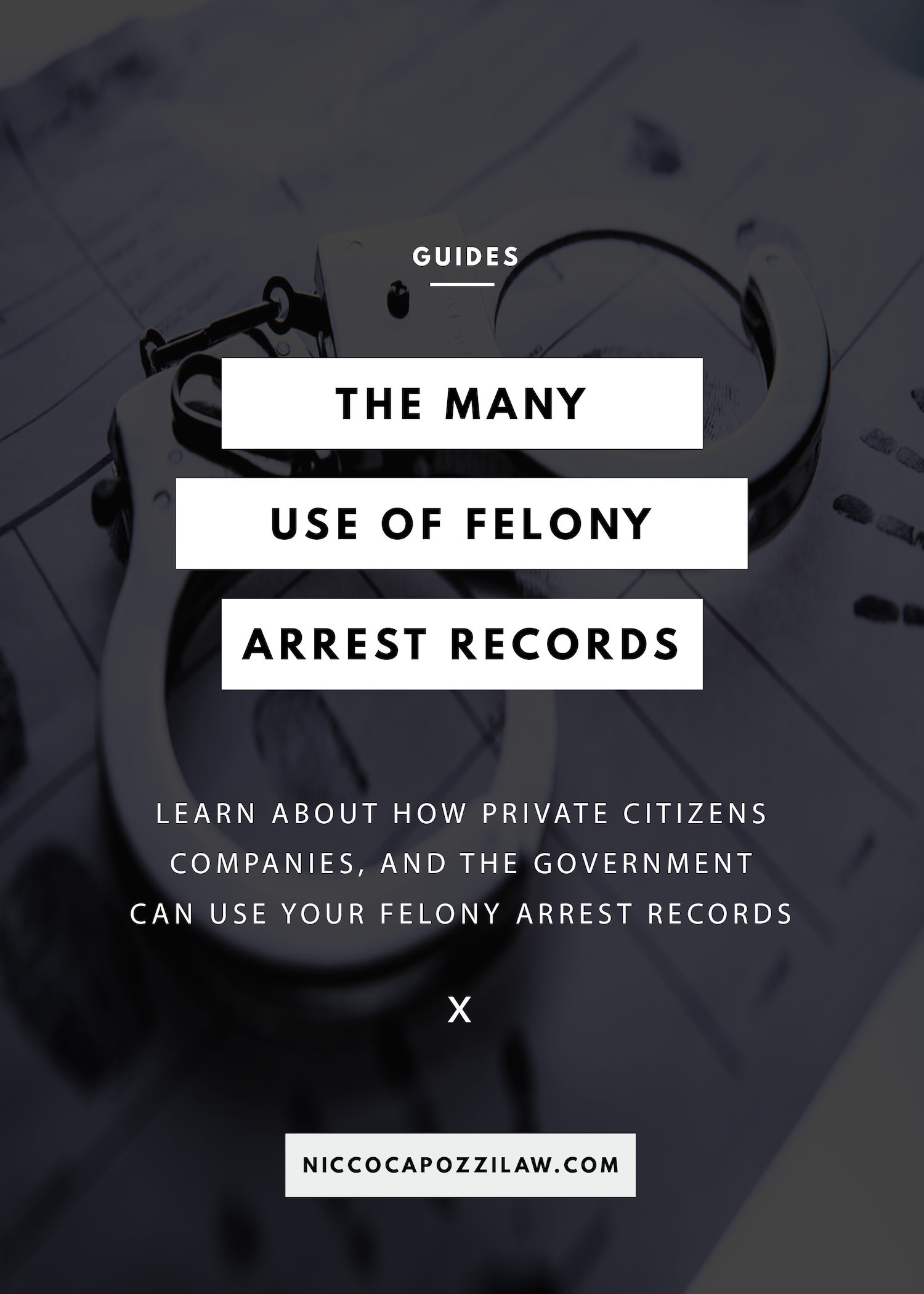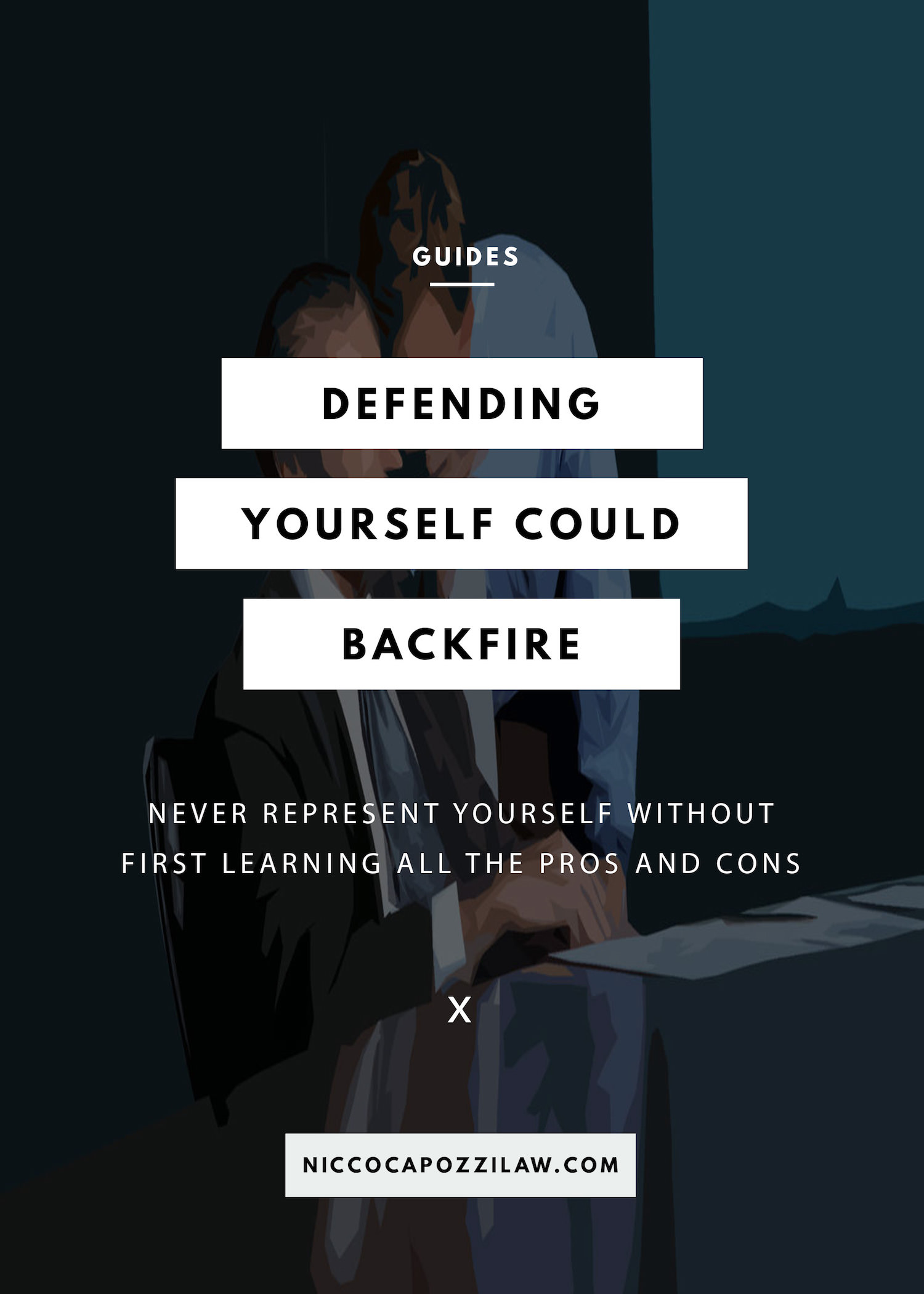When another person commits a harmful act toward you or someone you care about, it is human to retaliate. Unfortunately, many forms of retaliation are against the law. In an effort to defend your honor, you could end up with an assault charge. If you've found yourself in this unfortunate predicament, it's good to know what's ahead and what you should do.
Focus on the Charge
Know what form of assault you've been charged with. Assault charges primarily encompass two types: simple and aggravated. Simple assault, the lesser of the two, occurs when a victim has only been threatened with an act of violence or only suffered minor injuries. Slapping someone or shoving them would likely fall into this category.
The more serious charge, aggravated assault, occurs when the victim's injuries require medical attention or the attack resulted in the harm of someone not directly involved in the incident, such as an innocent bystander. Additionally, any attack against an elderly person, disabled person, or government worker will automatically warrant an aggravated assault charge, no matter the extent of their injuries.
Establish Your Defense
Once you understand your charge, you should then focus on your defense. When establishing a defense, it is imperative that you share with your attorney all the details that led up to the event. Did the victim physically assault you previously? Did they make threats of violence toward you or a loved one? What was the aggravating factor that led to the incident?
Understand that these instances won't wipe away your responsibility for your own actions, but they will weigh heavily on the outcome of your case. In some cases, you can have your charge lessened or even discarded if your defense at all proves these actions were somewhat provoked.
What Not To Do
Oftentimes, an assault charge will be accompanied by a restraining order. If you have had this type of order enforced against you, don't take it lightly. Innocently contacting the victim to apologize could be perceived as a threat in the court of law.
Violating a protection order will only lead to more strenuous charges and a higher possibility for time in jail. Avoid contacting the victim for any purpose. You also want to avoid sending messages by a third party, as this is still a form of contact in the eyes of the law.
An assault charge is a serious situation. However, having an attorney on your side can help establish a solid defense and keep your rights protected.





